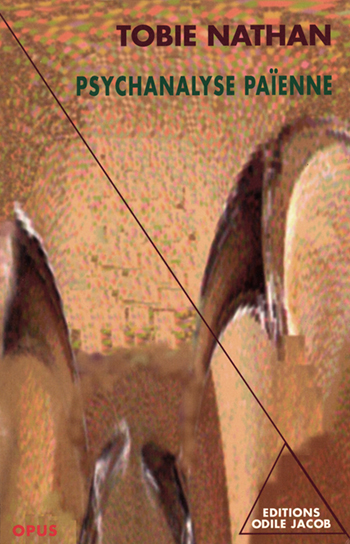Catalog All books
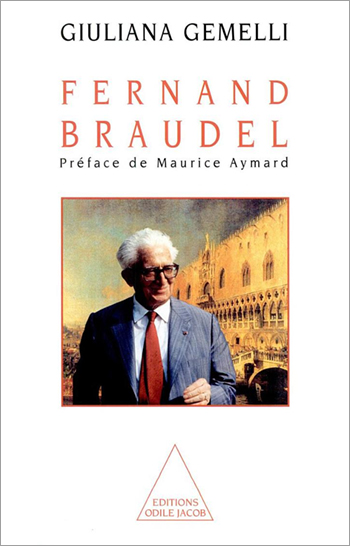
Guiliana Gemelli
Fernand Braudel
Fernand Braudel is considered as one of the major historians of the XXth century. Making his stand against factual history, he was one of the founders of the triumph of new history: the history of human societies rooted in their geographical space and obstinately determined to produce their material civilization there. This biography takes its strength from friendly conversations between Braudel and Giuliana Gemelli, who because she is Italian, had the necessary distance to make a demanding quest.
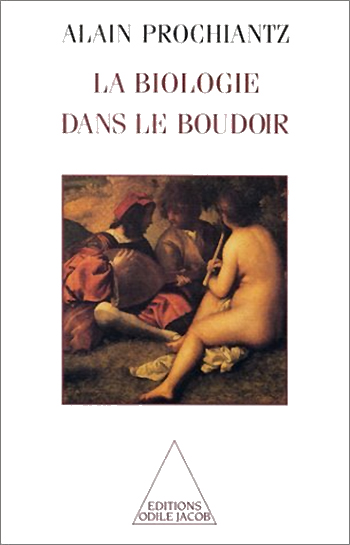
Alain Prochiantz
Biology in the Bedroom
Inspiring himself from La Philosophie dans le boudoir by Sade and the major philosophical works of the 18th century, Alain Prochiantz, who is a neurobiologist, explains by means of a dialogue, the progress of embryology and neurobiology and gives us the elements so that we can understand and measure the stakes of the recent discovery of the genes of development. Alain Prochiantz heads the Laboratory for the Development and Evolution of the Nervous System at the École normale supérieure. He is notably the author of Strategies of the Embryo, and Claude Bernard, the Physiological Revolution.
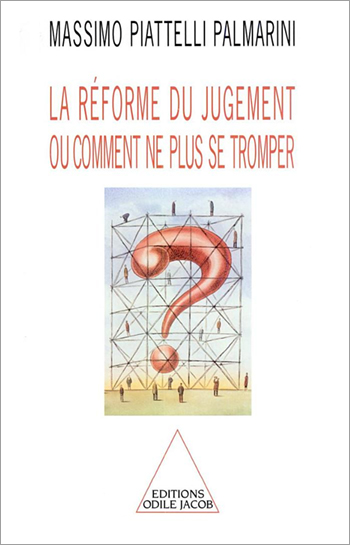
Massimo Piattelli Palmarini
Retraining Judgement How to avoid fooling yourself
How can we reason more effectively ? Everyday, we solve countless problems and take decisions by trusting our intuition, our common sense. Often, it is not only our passions, our emotions that lead us astray, it is the mind itself which tricks us, without us even being aware of it. How can we avoid these traps ? By driving out into the open, with the help of Massimo Piattelli Palmarini, the natural illusions and unconscious mechanisms which occupy our minds, and by working to help our judgement in the same way as psychoanalysis works to improve our emotional lives.
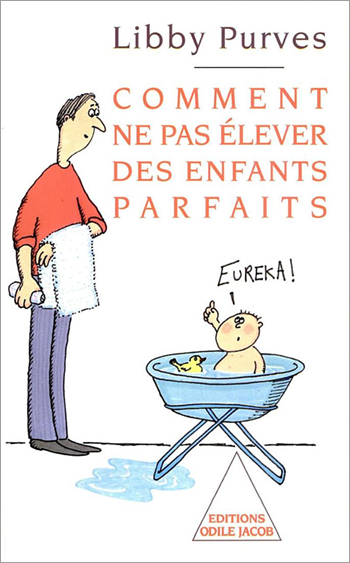
Libby Purves
How Not to Raise Perfect Children
All parents want to raise exceptional children : well-balanced, healthy, clean behind the ears and gifted for everything...
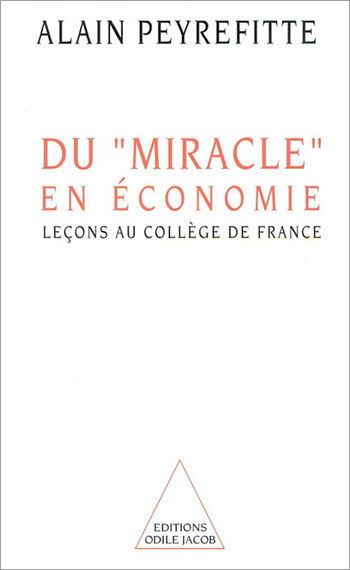
Alain Peyrefitte
The Economic "Miracle"
The 20th century has been marked by the growing awareness of the unbearable gap between developed and under-developed countries. And the most outstanding fact of the next century will probably be the worsening in this imbalance. In order to find a solution to the under-development scandal, Alain Peyrefitte attempts to understand the miracle of development. He examines the successive miracles which have allowed a part of humanity to pull through the turns of dictatorship or anarchism, violence and destitution.

Ricardo Bofill, Nicolas Véron
Urban Architecture
What is there in common between all my designs ? What meaning can I give today to my architecture ? Without doubt, that of a desire to organise space. Due to an apprenticeship in perception, observation, and geometrisation of nature, in addition to a historical journey, I have learnt that in order to go past the initial momentum, I have to acquire the mastery of a whole new language." Ricardo Bofill Ricardo Bofill is probably one of the most famous, yet most controversial architects of his time. In this book illustrated with pictures and plans, he delivers an analysis of his art which amounts to an invitation to read the city.
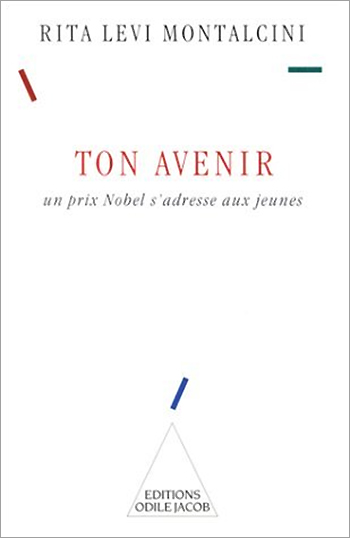
Rita Levi Montalcini
Your Future A Nobel Prize which speaks to young people
When a great scientist makes a point of getting through to young people and those around them.... When a Nobel prize brings within everyones reach all the key principles of biology.... When an exceptional woman passes down to new generations the values on which she has based her life.... Science with a conscience ! Rita Levi Montalcini recieved the Nobel Prize for Medicine. Born in Turin, but forced from Italy by the Fascism, she has for many years taught in the United States.
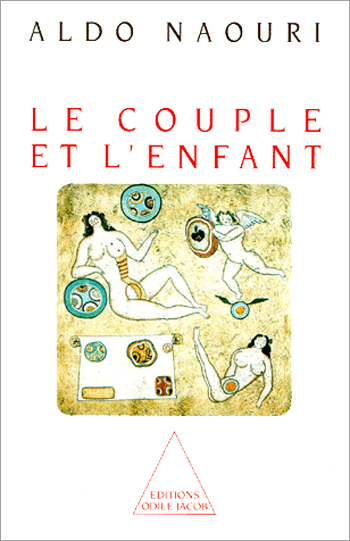
Aldo Naouri
The Couple and the Child
With a first birth, a woman naturally becomes a mother, and, in principle, a man becomes a father...






